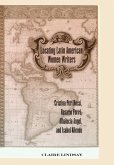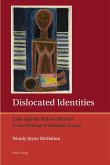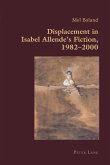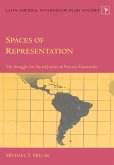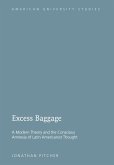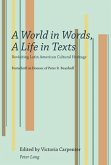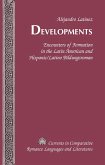This truly interdisciplinary work utilizes literature as a primary resource in examining the concept of childhood and how it is exploited and explored in nineteenth- and twentieth-century Latin America. Little has been published on the history of childhood or children in Latin America. Whether equating the child's potentiality with that of the nation, or drawing an analogy between parent-child and state-citizen relationships; whether using the child as representative of marginalized sectors of society, or equating the status and role of the author in society with those of the child, in the end such literary treatments of childhood result in a dehumanization of the child performed in the name of constructing a national identity.
Bitte wählen Sie Ihr Anliegen aus.
Rechnungen
Retourenschein anfordern
Bestellstatus
Storno


